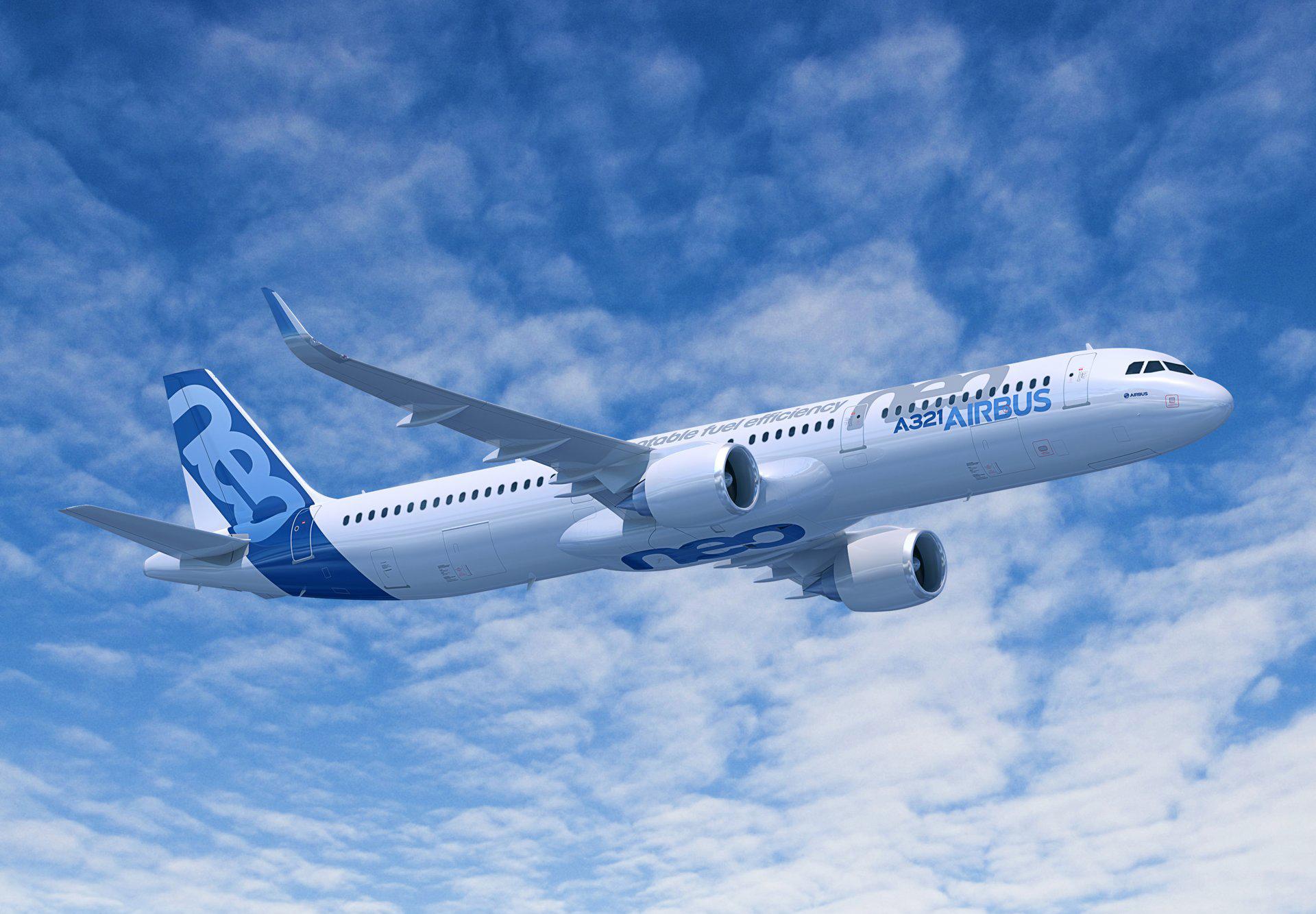
A jump in retirements of older passenger aircraft linked to the coronavirus pandemic will boost not just legacy conversion programs such as the Boeing 767, but also emerging ones, including the Airbus A321, Air Transport Services Group (ATSG) president Rich Corrado said.
“The feedstock on [the A321] was always one of the things that we would keep a real strong look at because it needed to come down a little bit before the economics of that airplane got into an advantage over an older 757,” Corrado said on ATSG’s recent earnings call. “Given where the feedstock values of the A321 and the amount of them that are parked right now ... that’s another real solid plus.”
ATSG subsidiary Cargo Aircraft Management and joint venture partner Precisions Conversions, working under the 321 Precision Conversions banner, are one of two entities offering A321 passenger-to-freighter conversions. The competitive effort, from Airbus/ST Engineering joint venture EFW, received EASA supplemental type certification (STC) in February.
Formed in 2017, the 321 Precision Conversions effort planned to have its first reconfigured A321s in service in 2019. Its current timeline is STC approval “midyear this year” with an entry into service in 2021. Luxembourg lessor Vallair is the launch customer for both the EFW and 321 Precision Conversion programs and has lined up at least one end-user customer: Qantas.
ATSG’s long-term strategy for the A321 program envisions in-house capabilities through the entire process, from conversion to operating the aircraft under ACMI contracts if customers need them.
“We would like to convert it at PEMCO as we do [Boeing] 737s now, lease the airplane, fly the airplane if our customers want us to ... so we can build a nice business model around it,” Corrado said. “It’s a replacement for the 757, which has an installed base of over 300 in the market right now. So it’s a significant market opportunity, plus it can compete with the 737-400 installed base.”
The A321’s combination of capacity and range has made it a popular workhorse for airlines, helping the model stay in service and maintain solid market values. But the COVID-19 pandemic appears to be placing downward pressure on a least the older models. Aviation Week Intelligence Network Fleet Data shows that about 90 A321ceos aged 20 or older are either parked or in long-term storage. While this does not mean they will not return—airline capacity pull-downs have left only 42% of the 1,650-aircraft A321ceo fleet flying, Aviation Week data show—the rebound will likely take too long to render some of the older airframes viable for passenger services.
An increase in A321 conversions would help ATSG broaden a portfolio heavily dependent on 767s. The company plans to covert 8-10 767-300 freighters this year, boosting its total to 57 by 2021.
“The 767 market is going to continue for several years. We think it’s a strong market,” Corrado said. “[Boeing is] still building new freighters, and there’s more feedstock coming available. So we plan to continue to drive that as long as the demand is there.”
ATSG ended the 2020 first quarter with 96 aircraft in service, including 19 passenger-configured models it operates primarily as commercial and government charters. It plans to end the year with 102.
Among its pandemic-related headwinds has been a loss of some scheduled airframe maintenance work that could force some cutbacks. The company performs conversions at Pemco and routine maintenance through its Airborne subsidiary, with about 50% of its airframe heavy-check work generated by third parties, including Delta Air Lines and United Airlines.
“Given what’s going on in the passenger side, that business is likely to be scaled back as we go forward,” CFO Quint Turner said. “But where we have opportunities as we can bring in more in-house of our own aircraft, we were planning on actually farming some of our maintenance checks out this year because of the amount of external business we had. So we had the ability to pull some of that back in and avoid that external cost, which is nice, given our business model.”
ATSG said it has applied for CARES Act payroll support for passenger subsidiary Omni Air International and mixed passenger/freighter operator Air Transport International (ATI). It will receive $67 million for Omni but has not heard back from the U.S. Treasury Department about ATI.
ATSG increased first quarter revenues 12% to $389.3 million. Adjusted EBITDA from continuing operations rose 9% to to $124.0 million.





